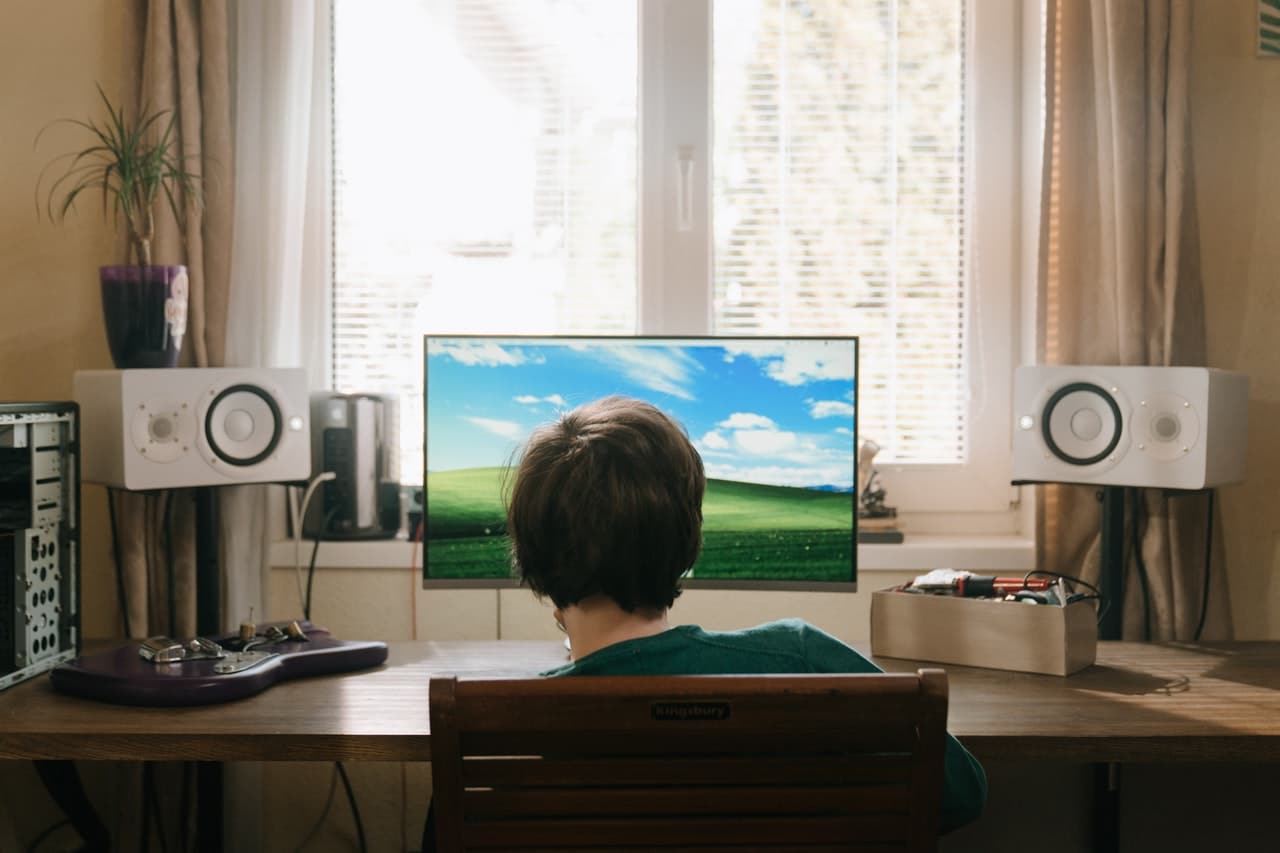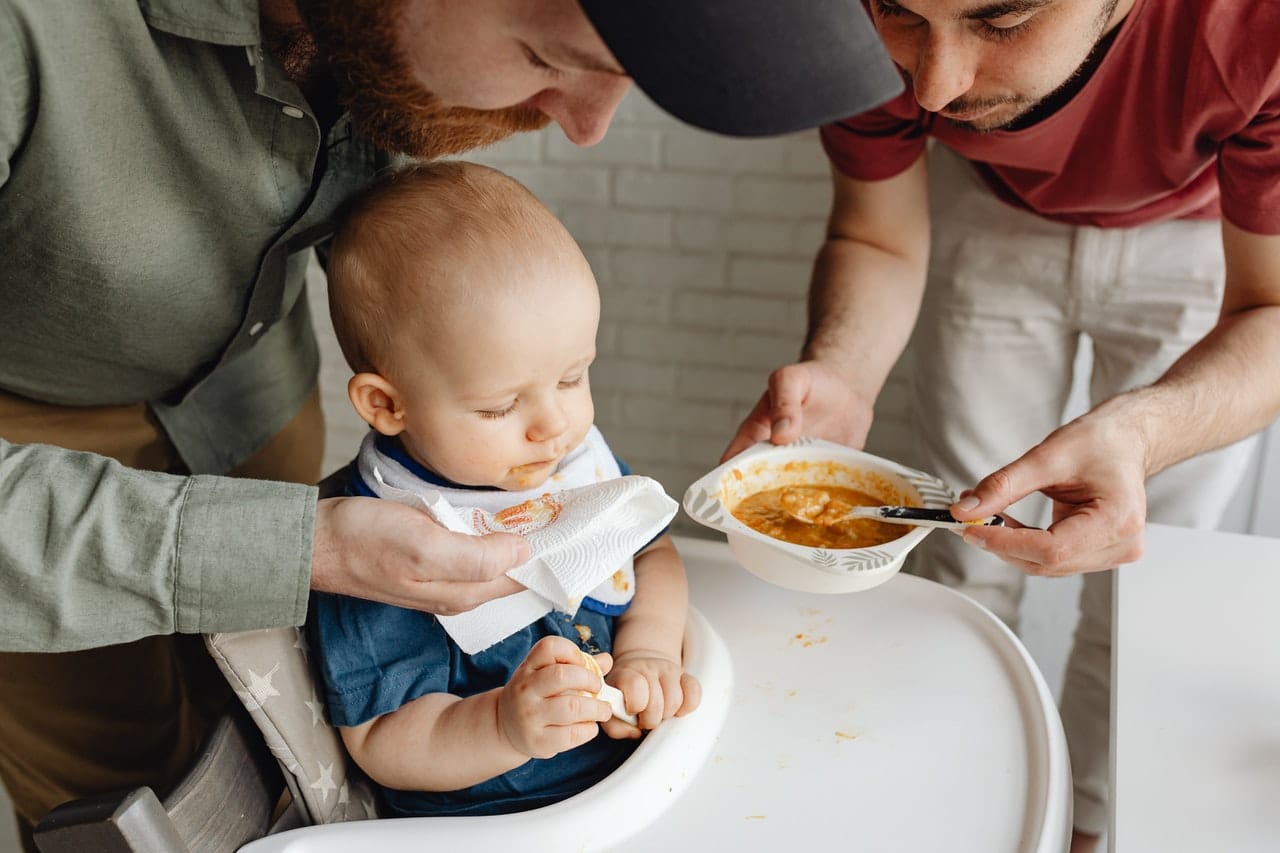Parents sharing access to children have been dealing with a lot of additional strain on their parenting arrangements due to the COVID-19 pandemic. With some parents now working at home, or others working in high-risk fields such as medical care, what once may have been a mutually convenient arrangement may no longer work. In addition, parents have had to worry about how the pandemic is affecting their children. There have been concerns with how to manage the anxieties of young children who may not fully comprehend their new realities of wearing masks outside of the home, not attending school in person, or perhaps not even being able to visit with one of their parents.
Balancing visitation and access with young children has no doubt been difficult. Co-parents of older children and teenagers may have been finding things easier since it’s possible to have more frank discussions about the pandemic and how it has impacted our lives. Explaining that a child can’t fly across the country to visit their other parent over the holidays or take an annual summer trip is easier. They understand. But this time has also taken a toll on the mental health of young people as well. With many parents themselves facing struggles with depression or anxiety, it might be easy to overlook the effect this situation has had on young people. Below, we review signs an older child or teen might be struggling, and review tips on how parents, especially those in co-parenting situations, can help ensure the wellbeing of their teenage children.
Experts Find Teens are More Disconnected, Depressed
A recent article featured by the CBC highlights some of the mental health struggles increasingly affecting young people across Canada. Findings show that medical professionals across the country are seeing spikes in mental health issues such as depression, anxiety and eating disorders. As a result, the demand for access to mental health resources has increased as well.
Dr. Nikki Martyn, the head of early childhood studies at the University of Guelph-Humber, initiated a project to collect artwork from children expressing their feelings about the pandemic. The intention of the project is to analyze the impact of the past year on children’s psyches. While the project is ongoing, an initial surprise was the amount of artwork received from teenagers as opposed to younger children. The majority of works received to date have come from those aged 14-17, demonstrating “how much teenagers really want to be heard and have so much to say”.
For adolescents, the pandemic has affected their ability to socialize with friends, participate in sports or part-time jobs, and even attend school during some of the most formative years of their lives. The isolation from peers and activities has undoubtedly had a massive effect across the board.
Signs a Young Person May be Experiencing Mental Health Issues
Every person is different, and teenagers may not all display the same symptoms of depression or anxiety. According to Dr. Aleta G. Angelosante, a psychologist with New York University Health, the following may be warning signs of depression in adolescents:
- Social withdrawal: Isolation, whether from parents, friends, or activities, can be a sign of mental health distress. Given the imposed isolation during COVID, this could obviously be difficult to identify. However, if a teenager is disengaged even from permitted socialization (phone calls, video chats, conversations with parents), this could indicate depression.
- Academic decline or disinterest: Young people with depression may have a more difficult time with focus or motivation when it comes to school, particularly if school is entirely remote.
- Self-criticism: Teens with mental health issues may lose confidence, focusing on negatives and catastrophic thought patterns.
- Substance abuse: Teenagers may turn to self-medicating on a regular basis with alcohol, cannabis or prescription medication.
How Can Co-Parents Work Together for The Wellbeing of Their Children?
Raising teenagers can be a struggle at the best of times, but identifying and managing when the parents are separated or divorced can be even more so. For one, teenagers may find it easier to conceal certain behaviours when they are splitting their time between two households. When parents don’t reside together, they might not be comparing notes and making the necessary connections to identify problematic patterns as quickly.
Communicate With One Another
Even if the relationship is strained, it’s important to communicate regarding your children. Having ongoing discussions about behaviours may shed more light on the child’s behaviour, enabling the parents to identify problems and deal with them faster.
Communicate With Your Children
Having regular conversations applies between children and parents as well. Listening to a child’s fears and frustrations can provide them with an excellent and much-needed outlet, and will keep the lines of communication open if more serious issues develop. Parents should also share their own feelings. It can be helpful for older children to understand that their parents are having similar hardships.
Ensure Regular Access
Some parenting plans may not have been affected by the pandemic. If the households are close by and there are no specific risk factors involved, access may have continued on as usual. However, some parents live in different provinces or even countries. Further, some parents work in high-risk jobs, making it more difficult to share access without exposing their children to undue risk. When in-person access has to be lessened, due to distance or other factors, it’s important to keep relationships at the forefront. Arrange for regular video calls, or even outdoor, socially-distanced meetings if it’s not safe to travel between households.
Above all else, keep in mind that everyone is facing a rough time this year, and the best thing to do is extend courtesy and patience to those around us. Even in situations where families don’t always agree, keeping empathy and understanding at the forefront will go a long way to managing this time for parents working together post-separation or divorce.
The family law lawyers at Mincher Koeman are exceptionally experienced with respect to parenting plans and child access arrangements following the breakdown of a relationship. Contact our office today by calling us at 403-910-3000 or contact us online.







